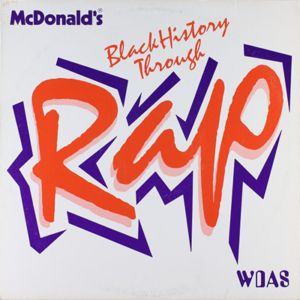
Black History Through Rap
Before she became a “gangsta rap” antagonist, C. Delores Tucker helped assemble a 1985 rap compilation with Philadelphia youth.

Before she became a “gangsta rap” antagonist, C. Delores Tucker helped assemble a 1985 rap compilation with Philadelphia youth.
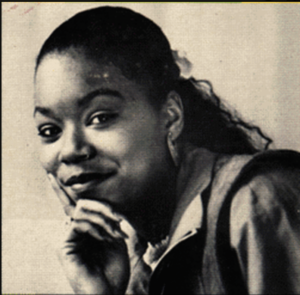
Thanks to stars like Run-D.M.C. and Roxanne Shanté, rap grew fitfully into a pop culture fixture. But respect for the art remained elusive.
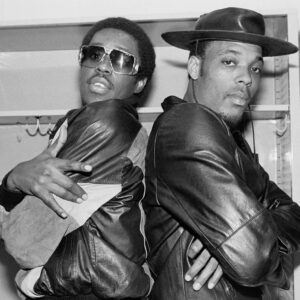
Hip-hop in 1984 brought Fresh Fest superstars Run-DMC and Whodini, Melle Mel’s breakout year, and the beginning of the Roxanne wars.
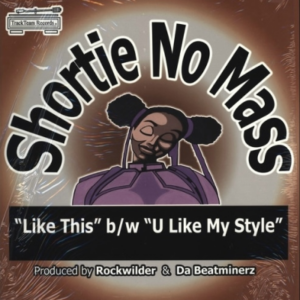
The Best Rap Singles series began in 2020 and has undergone changes in the years since. This list of entries shows what’s been removed.
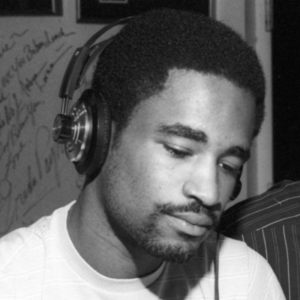
These nine artists were early sprouts of what would soon be called the “new school,” a generation of musicians who’d remake hip-hop culture.

In a year defined by electro kingdoms and fresh wild styles, Run-D.M.C., Afrika Bambaataa and others sought to explore rap’s future.
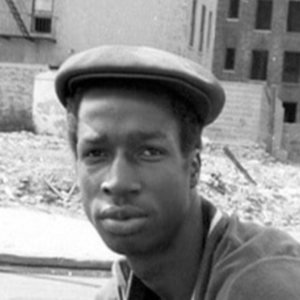
Most of the best hip-hop of 1981 didn’t appear on rap records — with Grandmaster Flash’s “Wheels of Steel” a gloriously historic exception.
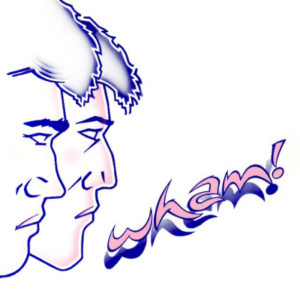
More than just a doc of an indestructible pop act, Wham! offers an instructive look at how early rap penetrated the mainstream.
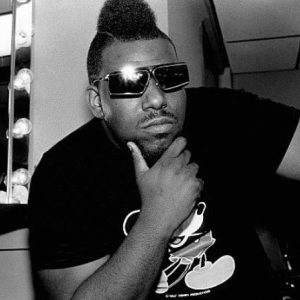
The year brought classics like “Planet Rock” and “The Message,” and hip-hop seemed to grow out of its prepubescent phase overnight.
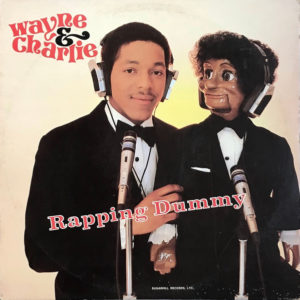
Wayne Garland and Charlie Chucks’ parody of Kurtis Blow’s “The Breaks” is largely notable for Jigsaw Inc.’s monster boogie-funk groove.
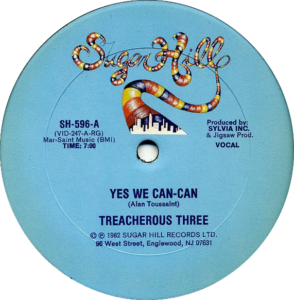
The Treacherous Three’s single finds Clifton “Jiggs” Chase’s Jigsaw crew turning the Pointer Sisters’ 70s chestnut into an electro groove.
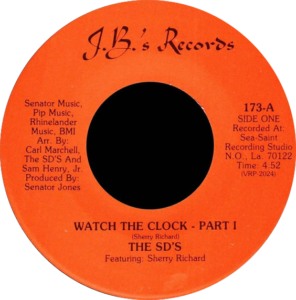
With Sugar Hill-style raps from soul singer Shelly Richard, this may be the first rap record to emerge from New Orleans.